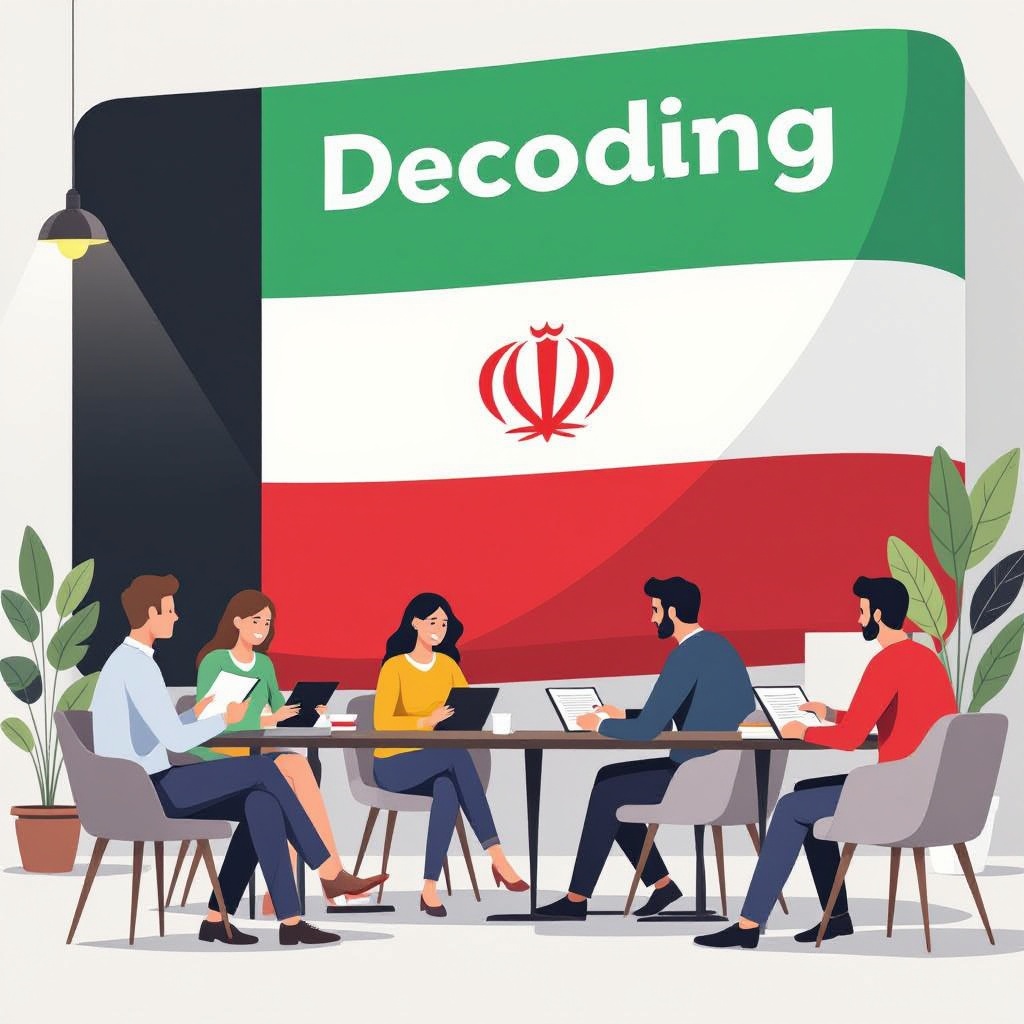Understanding the intricacies of English language exams in the UAE—such as IELTS, TOEFL, and Academic Writing Tests—is vital for students and professionals aspiring to educational and occupational opportunities in vibrant cities like Dubai and Abu Dhabi. These exams cater to a diverse range of undergraduate and postgraduate requirements and serve as essential certifications for immigration, highlighting their significance in the global academic and professional landscape.
Key Takeaways
-
Over 12,000 organizations worldwide recognize IELTS and TOEFL exams. They’re essential for university admissions and advancing professional status in the UAE.
-
The IELTS offers versatile formats: paper, computer-based, and at-home options. It assesses Listening, Reading, Writing, and Speaking skills with scores on a band scale.
-
TOEFL‘s updates emphasize academic English with an enhanced scoring system blending AI and human evaluations, making it ideal for admission into American universities.
-
Choosing between IELTS and TOEFL pivots on individual goals and preferences. IELTS is often favored for its acceptance in British education, while TOEFL aligns with American academic settings.
-
Academic Writing Tests in UAE universities accompany the IELTS or TOEFL, assessing the ability to craft analytical written pieces. They’re crucial for programs like arts, media, and business.
Understanding English Language Exams in the UAE
Interested in proving your English proficiency in the UAE? IELTS and TOEFL are top choices, identified by 12,500 and 13,000 organizations around the globe. These exams are crucial for opening doors to university admissions and professional opportunities in bustling cities like Dubai, Abu Dhabi, and Sharjah. They cater to both undergrad and postgrad requirements, ensuring you meet the necessary score criteria.
These tests have become indispensable in areas such as immigration, offering vital certification for those seeking to enhance their linguistic credentials.
To prepare effectively, focus on your language proficiency, which is the cornerstone of these exams. Whether you’re aiming for higher education or career advancement in the UAE, mastering these tests can be your gateway. Check out more about IELTS here.

Decoding the IELTS: Formats, Scores, and Flexibility
The IELTS offers several formats to suit different needs. You’ve got the classic paper-based option or the modern computer-based IELTS, and there’s even an at-home version for ultimate convenience. This flexibility means you can take the test when it fits best into your life, which is a big plus considering the speaking test can also be scheduled separately to give you more control over your exam experience.
Understanding the structure of the IELTS Academic is crucial. The test is segmented into four parts:
Each part is scored on a band scale ranging from 1 to 9. Your overall IELTS score is an average of these four components. In the UAE, achieving certain band scores is pivotal for university admissions. For undergraduate courses, a minimum score of 6.0 is usually required, while advanced programs often look for at least a 6.5. If you’re eyeing academic opportunities in the UAE, knowing these score requirements can be a game changer.
If you’re interested in exploring more about how the IELTS could fit into your plans, the official IELTS website and British Council have plenty of helpful resources to guide you.

TOEFL Unveiled: Innovations, Structure, and Acceptance
TOEFL has recently made some exciting changes, including trimming the test duration to under 2 hours. It now offers a strong focus on academic English, which is perfect if you’re aiming for a more in-depth test. The ‘Writing for an Academic Discussion’ section is a highlight, requiring you to write responses simulating real classroom interactions.
Another nifty update is the blended scoring system, combining AI with human evaluation. This change boosts scoring objectivity and reliability. Plus, the TOEFL iBT is widely accepted, especially by American universities. Many UAE institutions expect a minimum score between 61 and 88, proving its significance here. If you’re prepping for higher education, take note of these requirements.
For further details on TOEFL’s innovations, you can visit ETS TOEFL to explore their official resources.

IELTS vs. TOEFL: Which Path Fits Your Goals?
When deciding between IELTS and TOEFL, tapping into a simplified comparison table makes sense. It neatly outlines the formats, durations, and scoring methods of each test. You can see why one might lean towards IELTS for certain opportunities while TOEFL might suit different ambitions. Here’s a quick breakdown of what each test has to offer:
Format, Duration, and Scoring
Let’s look at how IELTS and TOEFL stack up:
- Format: IELTS is paper-based or computer-delivered, focusing on real-life contexts. TOEFL is internet-based, leaning more on academic settings.
- Duration: IELTS is roughly 2 hours and 45 minutes, while TOEFL takes about 4 hours.
- Scoring: IELTS uses a band scale from 0 to 9. TOEFL scores range from 0 to 120.
Popularity and Test-Taker Preferences
So, which is easier? It often depends on your comfort with certain test styles and environments. IELTS is favored in the UAE due to its broader acceptance in British-based education systems (“IELTS requirements UAE”). TOEFL, however, remains a top pick for its alignment with American academic settings (“TOEFL requirements UAE”). Surveys suggest many find the IELTS writing section more straightforward, catering to “Writing for Academic Discussion,” while TOEFL’s integrated approach might present a different kind of challenge.
Consider what matches your academic or professional goals best. Recognize them as tools to reach the next step in your journey, whether that takes you to a university in Dubai or a career in New York. If you’re curious about how test formats influence outcomes, IELTS and TOEFL’s official websites offer detailed insights.
Understanding Academic Writing Tests in UAE Universities
In UAE universities, Academic Writing Tests serve as additional assessments alongside the commonly required IELTS or TOEFL exams. These tests aim to evaluate a student’s skill in crafting structured, analytical pieces. This evaluation is crucial for ensuring students are ready to meet academic standards.
These writing tests are especially prevalent in programs related to arts, media, and business. Here, students are often required to demonstrate strong writing abilities as part of their university entrance criteria. The value of these tests lies not just in assessing language proficiency but also in evaluating a student’s ability to express ideas clearly and logically.
An interesting aspect of these tests is the occasional inclusion of interview components. These can add significant value, as they provide a platform to assess a student’s verbal skills and thought processes beyond what can be captured in writing alone.
It’s crucial to prepare thoroughly for an English academic writing test in the UAE if you’re applying for such programs. Practicing structured writing can improve your performance significantly. To better understand how these assessments are implemented and what to expect, you might find resources like International Student UK’s guide on English language tests useful.
Knowing the specifics of an Academic Writing Test, including its role and implementation in various programs, can make a significant difference in your university entrance journey. Familiarize yourself with these requirements to boost your readiness and confidence.

Key Figures and Trends Shaping Language Exam Choices
IELTS and TOEFL are widely accepted for student visas in major countries, reflecting their global reputation. A notable statistic is the 12% increase in Indian students opting for IELTS, which speaks volumes of its popularity. Furthermore, surveys reveal interesting trends, like 55% of test-takers considering IELTS Reading to be less challenging than other sections. This preference is significant for anyone honing their language skills.
On the other hand, there’s a growing preference for TOEFL’s digital format, appealing to tech-savvy individuals. The TOEFL Speaking section is also gaining attention for its practical approach. For those preparing for these exams, understanding these trends inevitably aids in effective test preparation. If you’re curious about gathering more insight into these exams, sites like British Council offer valuable resources.
Frequently Asked Questions
📚 What English exams are most recognized in the UAE?
IELTS and TOEFL are the two leading English language exams widely accepted across universities and workplaces in the UAE. These tests are essential for English proficiency certification in cities like Dubai, Abu Dhabi, and Sharjah, and are recognized by over 12,500 global institutions.
📝 How is the IELTS exam structured and scored?
IELTS is divided into four sections: Listening, Reading, Writing, and Speaking, each scored on a 1–9 band scale. Your overall score is the average of all four parts, and UAE universities typically require a minimum band score of 6.0–6.5 for admissions.
💻 Can I take the IELTS or TOEFL test online?
Yes, both IELTS and TOEFL offer flexible test formats. IELTS provides paper-based, computer-delivered, and even at-home options, while TOEFL iBT can be taken online, making these exams highly convenient for UAE residents.
📈 Which exam is easier—IELTS or TOEFL?
It depends on your preferences and goals. Many in the UAE favor IELTS due to its real-world context and shorter Writing section, while TOEFL is ideal for those comfortable with an academic and digitally-integrated format. Comparing both tests helps you choose the one best aligned with your strengths.
🎓 Do UAE universities require additional writing tests?
Yes, some universities require an Academic Writing Test alongside IELTS or TOEFL, especially in fields like media, arts, and business. These tests assess your ability to write structured and analytical content, often including interview elements to gauge verbal skills.
🌍 Why is English proficiency testing important in the UAE?
English exams like IELTS and TOEFL are critical for securing university admissions, visa applications, and job opportunities in the UAE. With the country’s global connections and diverse academic landscape, strong language skills open numerous doors for career growth and international education.
Sources:
Zabeel Institute – TOEFL Exam UAE 2025 Requirements
Grad Blogs – English Proficiency Test Requirements for Admission to Zayed University’s Graduate Programs
TOEFL Test Prep – Top Universities in UAE Accepting TOEFL Scores
University of Wollongong in Dubai – Admission Requirements/Bachelor’s Degrees
Terratern – Which is Easier, TOEFL or IELTS?
MOHESR – AUE – Fall 2025-26 UG Admission Requirements
Svarna Institute – PTE vs IELTS vs TOEFL Comparison
MOHESR – Admissions Policy
